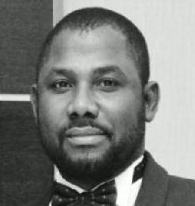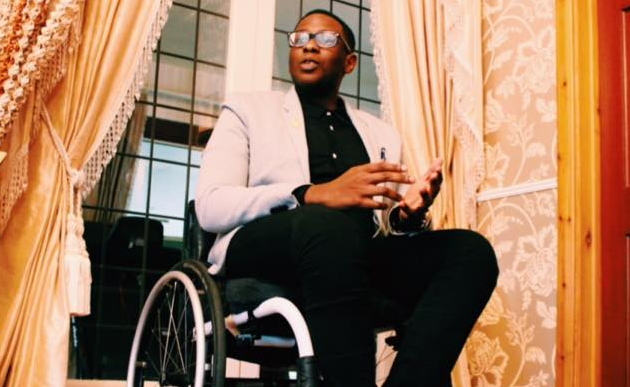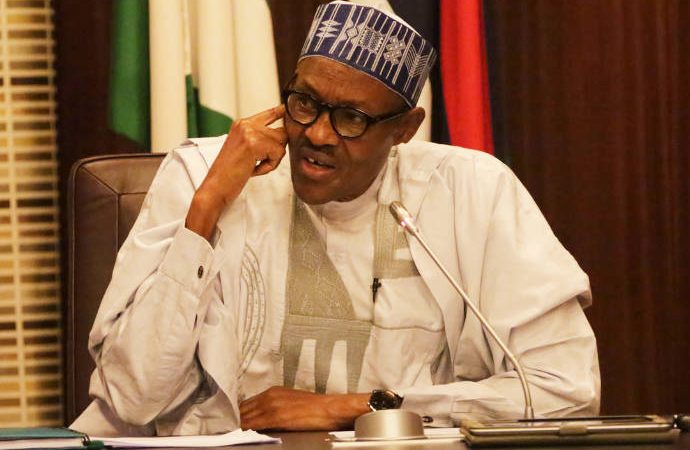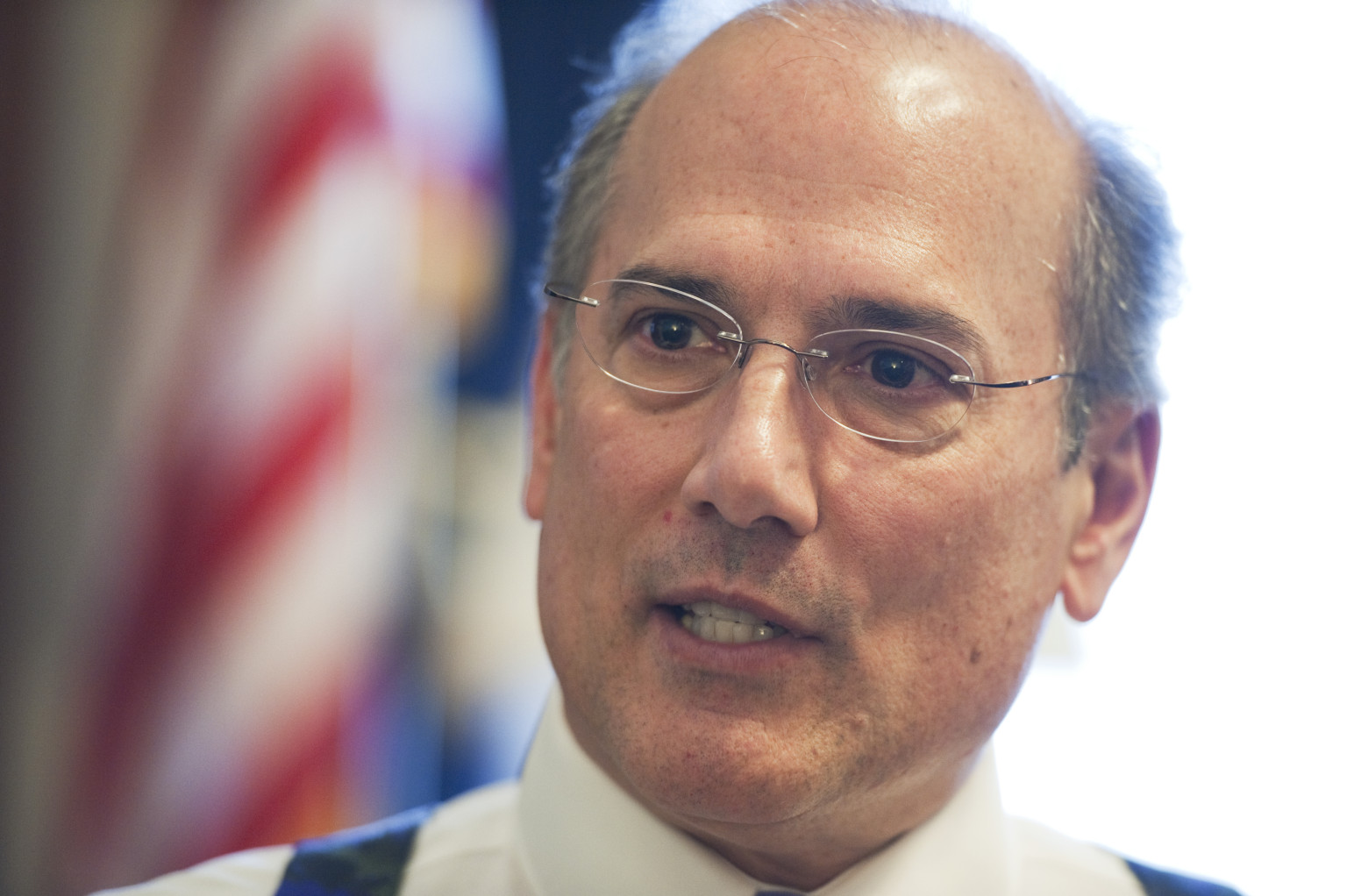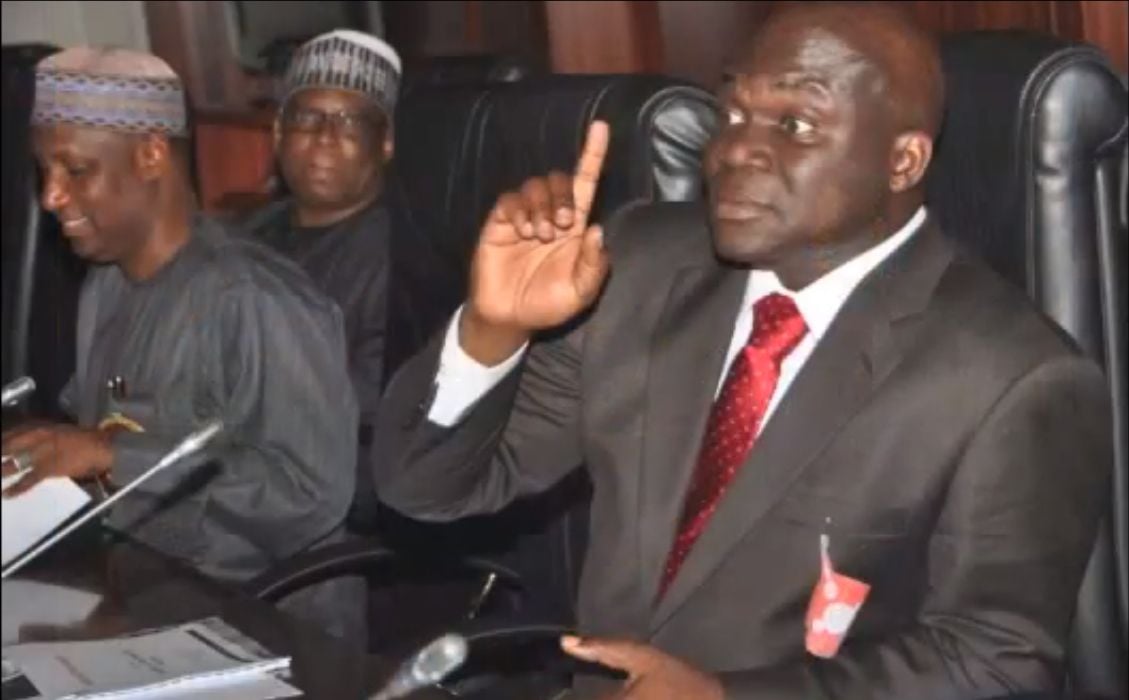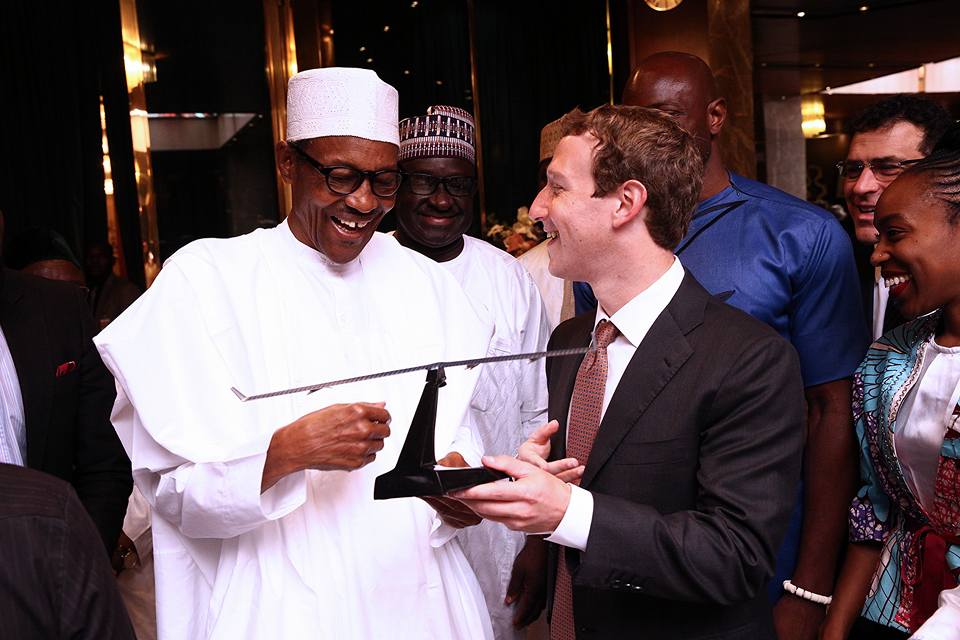It is instructive to start with the figures and the statements that corroborate them. “Every single day, Nigeria loses about 2,300 under-five year olds and 145 women of childbearing age. This makes the country the second largest contributor to the under–five and maternal mortality rate in the world”, UNICEF. Few days ago a pro-development African businessman, Mr. Taofik Adegbite offered sound thoughts on the peril of poverty. So little wonder on the “Dangote and Bono poverty tackling partnership”, as stated on ONE.org
And according to the director of the welfare department at the Federal Ministry of Women Affairs and Social Development (FMWASD) Jummai Mohammed, “Nigeria has about 19 million persons living with one form of disability or the other. Therefore disability issues are far too important to be ignored.”
Naturally, the foregoing is more than enough to get one terribly unsettled and disturbed. But, it is common knowledge that the privileged few have always been indifferent towards such circumstances. And that’s because they usually benefit from the unfortunate situation.
Without doubt, this awful outlook poses a great danger to any nation. The present state of the country is highly troubling for all and sundry, and is particularly worse for the physically-challenged and other vulnerable members of the society.
Advertisement
This is exactly what concerns Adebola Daniel, son of former governor of Ogun state, Otunba Gbenga Daniel.
Though born into a home of affluence, Adebola’s life was somewhat altered by a rare medical condition that confined him to a wheelchair.
“I was born into a very comfortable home, with both amazing parents and without a disability. However, when I turned 5, I was diagnosed with paraplegia- a rare condition with no medical clarity.
Advertisement
“I became confined to a wheelchair”, he said in a recent public statement.
The ill fate notwithstanding, the young man went ahead to make good meaning of his life and to find worthy purpose in human existence in different aspects.
He acquired a Masters degree in Mechanical Engineering from University College London and has gained valuable experiences in his chosen career. Similarly, he has made a mark as an inspirational speaker with TEDx Talk.
Interestingly, with all of these endeavours which can be deemed amazing, Adebola is yet to get fulfilment. And this is because he felt that little is being done by the government and the society at large to alleviate the suffering of people living with disability across the country.
Advertisement
So amongst other things, Adebola is seeking ways to significantly reduce, if not totally eliminate, discrimination against this vulnerable group.
And he is also on a mission to influence policies in a manner in which issues around citizens with disability will become one of the government’s priorities/
“Growing up in Nigeria, I unconsciously associated disability to poverty and crime due to amputated beggars on the streets mostly as a result of Sharia Law practiced in the North. This was general opinion of most Nigerians in my social circle as a child”.
“Having myself become physically challenged, I was exposed to the stigma and assumptions that came with being ‘disabled’
Advertisement
“All of a sudden, I was looked at with pity, with judgement and sometimes with resentment by my fellow countrymen.
“I see a lack of integration and it saddens me knowing that there is a young disabled Nigerian out there that has the capability to achieve what I have achieved and even surpass me but regrettably, he/she is not being given the adequate support from government and the society.
Advertisement
“It is unacceptable that most schools in Nigeria are inaccessible. It is unacceptable that road side pavements are not fit for wheelchairs.
“It is unacceptable that Shell and other multinationals adhere to strict disability codes in the US and UK but are unable to carry this same principles to Nigeria,” he said.
Advertisement
Undoubtedly, a wide range of issues is linked to disability amongst Nigerians. Poverty is a major issue while the recent issues of terrorism and insurgency cannot be ruled out.
From the North down to the South, there are countless people, especially children, incapacitated through one or more of the listed issues. Their conditions are worsened by bad leaders who have failed to properly manage the affairs of its people. And this blame goes to leaderships across cadre: federal, state and local governments including some indigenous corporate entities and NGOs.
Advertisement
For instance, as state and local governments are mentioned here, one may be compelled to inquire what the statistics of poverty, maternal health and mortality, preventable diseases, violent political crises and other contributing factors to disability amongst the citizens of a state or nation are between the time when Adebola’s father was the chief executive officer of Ogun State and now, to further and critically analyse how leadership have unwittingly created a situation of incapacitation amongst its people or have helped to reverse the unfortunate trend.
This, I’m certain, would serve as a valuable case study in articulating a policy position towards the improvement of the lot of the disabled people in Nigeria.
Meanwhile, with Adebola’s commendable commitment to a clear-cut advocacy in support of Nigerians living with disability through his foundation, it is anticipated that he will help inspire many disabled people on the verge of despair to keep hope alive. And also push the discussion on the challenges and the solutions to the plight of the disabled to the relevant quarters through his father’s expansive national networks.
Views expressed by contributors are strictly personal and not of TheCable.
Add a comment
